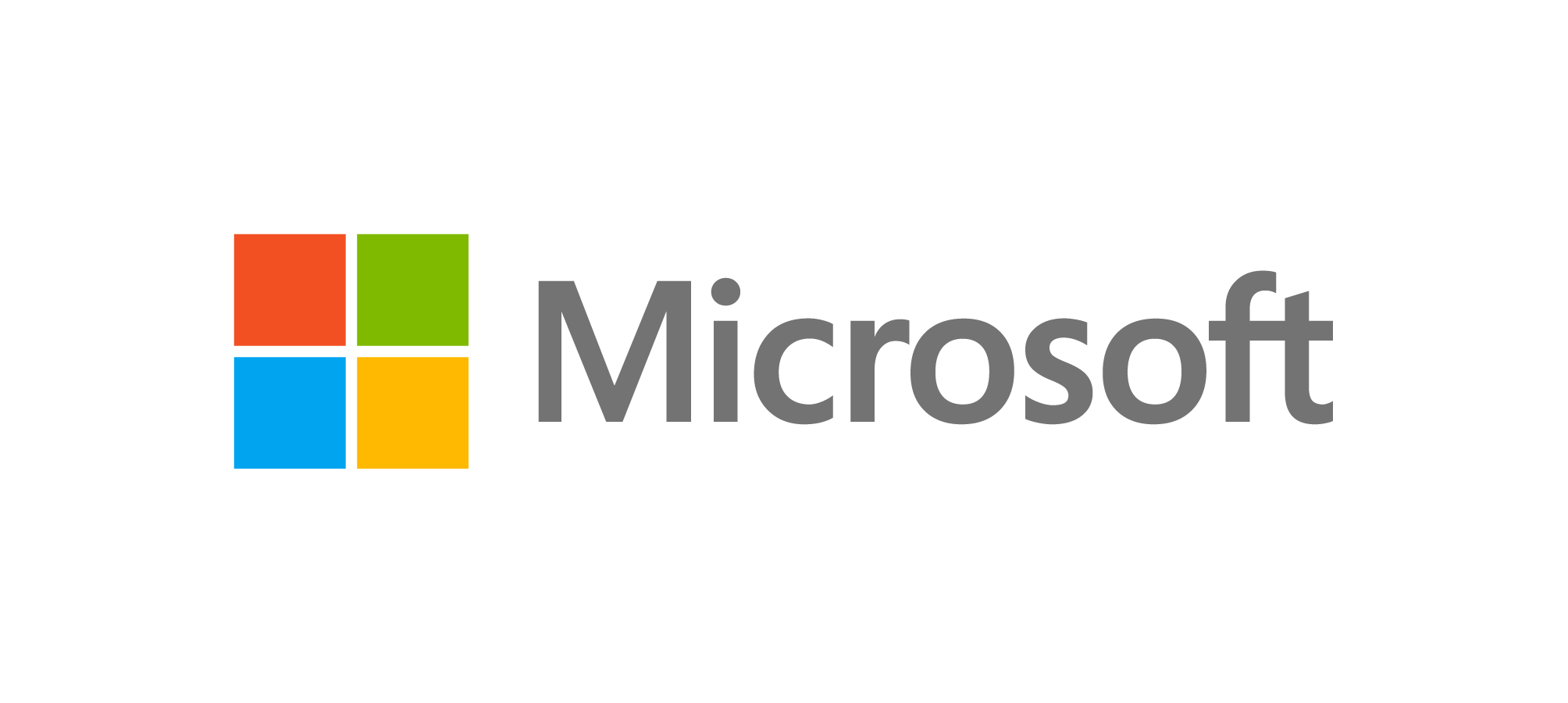AP-CSP Curriculum Guides
These curriculum guides have been written to assist teachers for the Advanced Placement Computer Science Principles course.
We recommend following one of the full course curriculum listed on the AP-CSP and using these guides to integrate CS field guide resources for specific units or lessons. Descriptions of the big ideas, learning objectives, and essential knowledge statements are directly from CC BY-SA 4.0 licensed AP-CSP resources
The major areas of study in the course are organized around seven big ideas, which encompass ideas foundational to studying computer science. These big ideas connect students to a curriculum scope that includes the art of programming but is not programming-centric.
1. Computational thinking practices
The computational thinking practices help students coordinate and make sense of knowledge to accomplish a goal or task. They enable students to engage with the course content by developing computational artifacts and analyzing data, information, or knowledge represented for computational use.
- Connecting Computing
- Creating Computational Artifacts
- Abstracting
- Analyzing Problems and Artifacts
- Communicating
- Collaborating
2. Concepts (big ideas in computer science)
Each concept embodies specific essential questions and enduring understandings. The AP CSP curriculum framework answers these questions and builds the enduring understandings by targeting specific learning objectives (Students will be able to ... ) and essential knowledge (Students will know that ... ).
We have developed guides for teachers for each concept with content knowledge and suggested resources.
2.1. Creativity
Computing fosters the creation of artifacts and creative expression. Programming is a creative process.
2.2. Abstraction
Multiple levels of abstraction are used in computation. Models and simulations use abstraction to raise and answer questions.
2.3. Data and information
Data and information facilitate the creation of knowledge. People use computer programs to process information to gain insight and knowledge. Computing facilitates exploration and the discovery of connections in information. Computational manipulation of information requires consideration of representation, storage, security and transmission.
2.4. Algorithms
An algorithm is a precise sequence of instructions for a process that can be executed by a computer. They are expressed using languages, and can solve many, but not all, problems.
2.5. Programming
Programming is a creative process that enables problem solving, human expression and creation of knowledge. It uses mathematical and logical concepts and is facilitated by appropriate abstractions. Programs are developed and used by people, and they are written to execute algorithms.
2.6. The internet
The internet pervades modern computing. It is a network of autonomous systems. Characteristics of the Internet and the systems built on it influence their use. Cybersecurity is an important concern for the Internet and those systems.
2.7. Global impact
Computing affects communication, interaction and cognition. It enables innovation in nearly every field and has both beneficial and harmful effects. Computing is situated within economic, social and cultural contexts.
3. Project and Course Unit recommendations
The AP CSP curriculum framework allows flexibility for projects and course units to address multiple concepts in one unit.
4. Assessment
The learning objectives (including the essential knowledge statements and computational thinking practices) will be the targets of assessment for the AP Computer Science Principles course. This assessment comprises two parts: the through-course AP assessment and the end-of-course AP Exam. The through-course assessment involves completion of two performance tasks.
4.1. Explore Performance Task
Students will select and investigate a computing innovation that has had, or has the potential to have, a significant impact, both beneficial and harmful, on society, economy, or culture. 8 classroom hours
- Guide slated for a future release (not in development)
4.2. Create Performance Task
Students will develop a program on a topic that interests them. 12 classroom hours
- Guide slated for a future release (not in development)
4.3. Exam
The AP Computer Science Exam is 120 minutes long, includes 74 multiple-choice questions, and is 60 percent of a student’s AP Computer Science Principles score.



